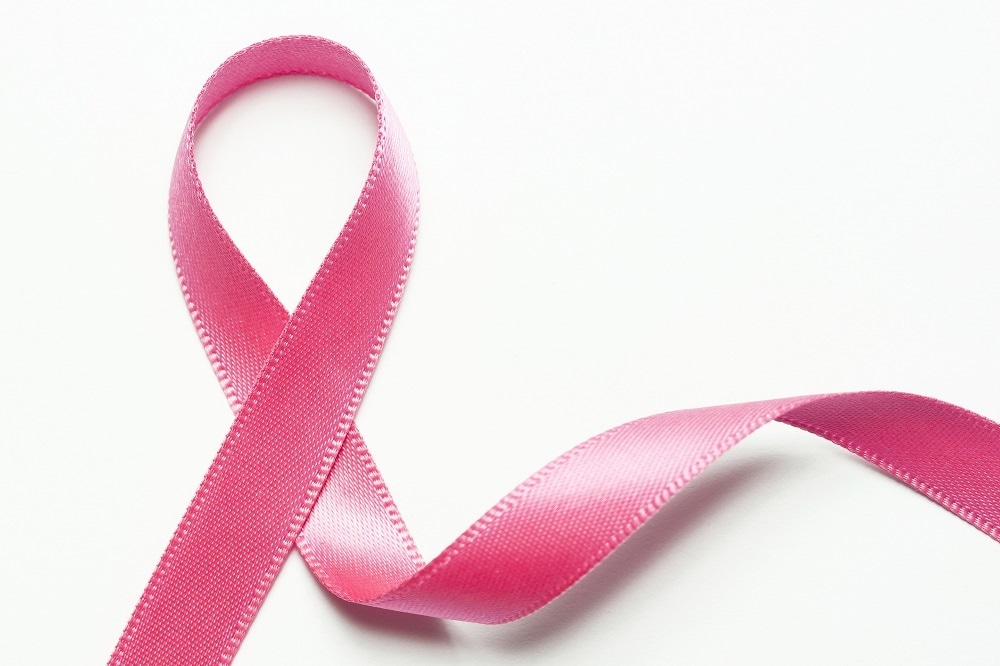
Increased genomic risk can make small tumors aggressive, study says
A study conducted on patients with early stage breast cancer suggested that even small tumors that are thought to be less serious can be aggressive.

© ksokolowska / Shutterstock.com
According to the study, which is to be presented in the ESMO 2017 Congress, Madrid, approximately one in four tumors were found aggressive; but could be cured through chemotherapy. A 70-gene signature was used in identifying these aggressive tumors.
The MINDACT study involved 6,693 women who had early stage breast cancer (lymph node negative or 1-3 lymph node positive).
Prior MINDACT reports indicated that nearly 46% of the patients, who were at an increased risk of relapse and taking Adjuvant therapy, might not need chemotherapy. As per MammaPrint - a genomic signature which works for forecasting the clinical outcomes in women with early stage breast cancer – these women possessed a decreased genomic risk for relapsing.
In the sub analysis, genomic as well as clinical risk of 826 patients from MINDACT, who had a primary tumor of size not more than 1 cm (pT1abpN0), was analyzed. Among them, 24% (196 patients), were identified to have high genomic risk and low clinical risk. These patients were then randomly categorized either to receive or not receive chemotherapy.
The findings showed that among patients who received chemotherapy, only a few experienced disease recurrences in five years, indicating increased rates of disease-free survival, distant metastases-free survival and overall survival. These results prove that the patients benefited from chemotherapy.
Dr Evandro de Azambuja from the Jules Bordet Institute, Belgium, commented that the results points out the importance of tumor biology along with the size of the tumor in predicting breast cancer prognosis.
She added that, even though small node negative tumors are categorized as having low clinical risk, they can be very aggressive. Also, the age of the patient, his/her performance status, preferences and comorbidities should be taken into account.
According to Dr. Konstantinos Tryfonidis, the lead author and a researcher at the European Organization for Research and Treatment of Cancer (EORTC), their results contradict the assumption that all small tumors are less severe and do not require adjuvant chemotherapy.





















.png)












No hay comentarios:
Publicar un comentario